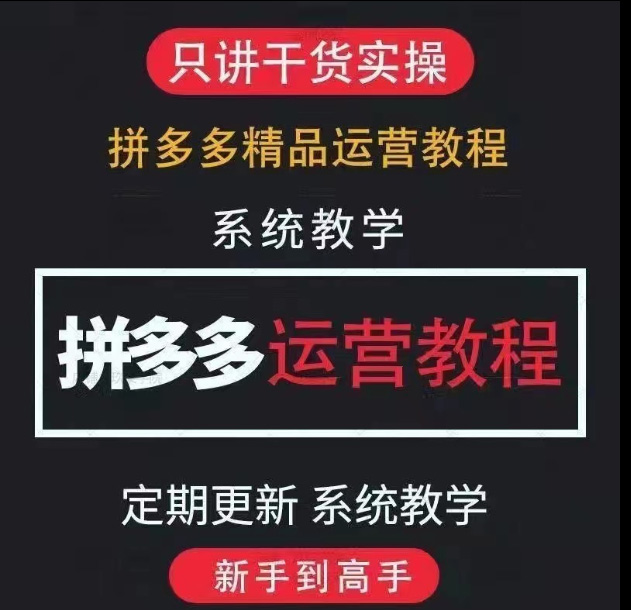荆州美团电商培训哪里有

拼多多电商运营教程
这也是为什么,即便知道代理模式更赚钱,但这种不稳定性是很多企业难以all in代理的重要原因,丽人丽妆2022年上半年经销模式依旧高达91.27%,还是将“品牌合作的稳定性”视为公司的核心竞争力之一。This is also why, even though proxy pattern is known to be more profitable, this instability is an important reason why many enterprises are difficult to all in agency. The distribution mode of Beauty Makeup in the first half of 2022 is still as high as 91.27%, which still regards "stability of brand cooperation" as one of the core competitiveness of the company.
平台与品牌需要代服务商的理由也很简单,某种程度上来说,一个平台电商化成熟的标志就是服务商生态的完善。The reason why platforms and brands need proxy service providers is also simple. To some extent, the symbol of a mature platform's e-commerce is the improvement of the service provider ecosystem.
大手笔孵化自有品牌,通过理财投资优化利润,电商代运营企业看似“不务正业”的背后,这种“赚钱焦虑”其实源自电商代运营商业模式的脆弱。The large-scale incubation of private brands and the optimization of profits through financial investment, behind the seemingly "neglecting business" of e-commerce operation companies, this "profit anxiety" actually stems from the fragility of the e-commerce operation business model.
后者典型案例则为宝尊与丽人丽妆。2022年,宝尊净亏损超一半来自公允价值变动损失,达3.648亿元。在2021年,阿里旗下菜鸟智慧物流以2.179亿美元收购了宝尊旗下从事仓储和配送的子公司宝通股份30%股权。根据当时的协议,倘发生若干触发事件,菜鸟有权要求宝尊以相等于初始投资的价格加上每年6%的内部回报率赎回其股份。The typical cases of the latter are Baozun and Beauty Beauty. In 2022, over half of Baozun's net loss came from changes in fair value, reaching 364.8 million yuan. In 2021, Alibaba's Cainiao Smart Logistics acquired a 30% stake in Baotong, a subsidiary of Baozun engaged in warehousing and distribution, for $217.9 million. According to the agreement at the time, if several triggering events occur, Cainiao has the right to request Baozun to redeem its shares at a price equal to the initial investment plus an annual internal return rate of 6%.
信航电商学院结合中国IT行业现状,培养高端IT人才,打造一站式互联网人才基地,目前已开设IT、设计、运营三大方向课程体系,并与华为、阿里巴巴、百度、美团、360、快手、亚马逊、Adobe等超过20万家国内外知名企业开展深度合作。Established in September 2002, Xinhang E-commerce College is a comprehensive education group that covers multiple fields such as IT and internet career empowerment, industry education integration, and school enterprise cooperation. Currently, it has established 331 offline learning centers (including youth quality education business) in 53 large and medium-sized cities such as Beijing, Shanghai, Guangzhou, Shenzhen, Dalian, Nanjing, Wuhan, Hangzhou, Xi'an, and Shenyang.

